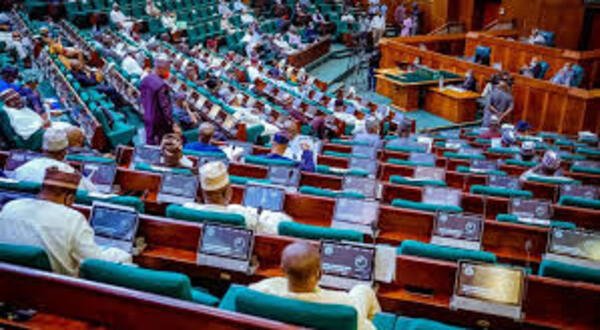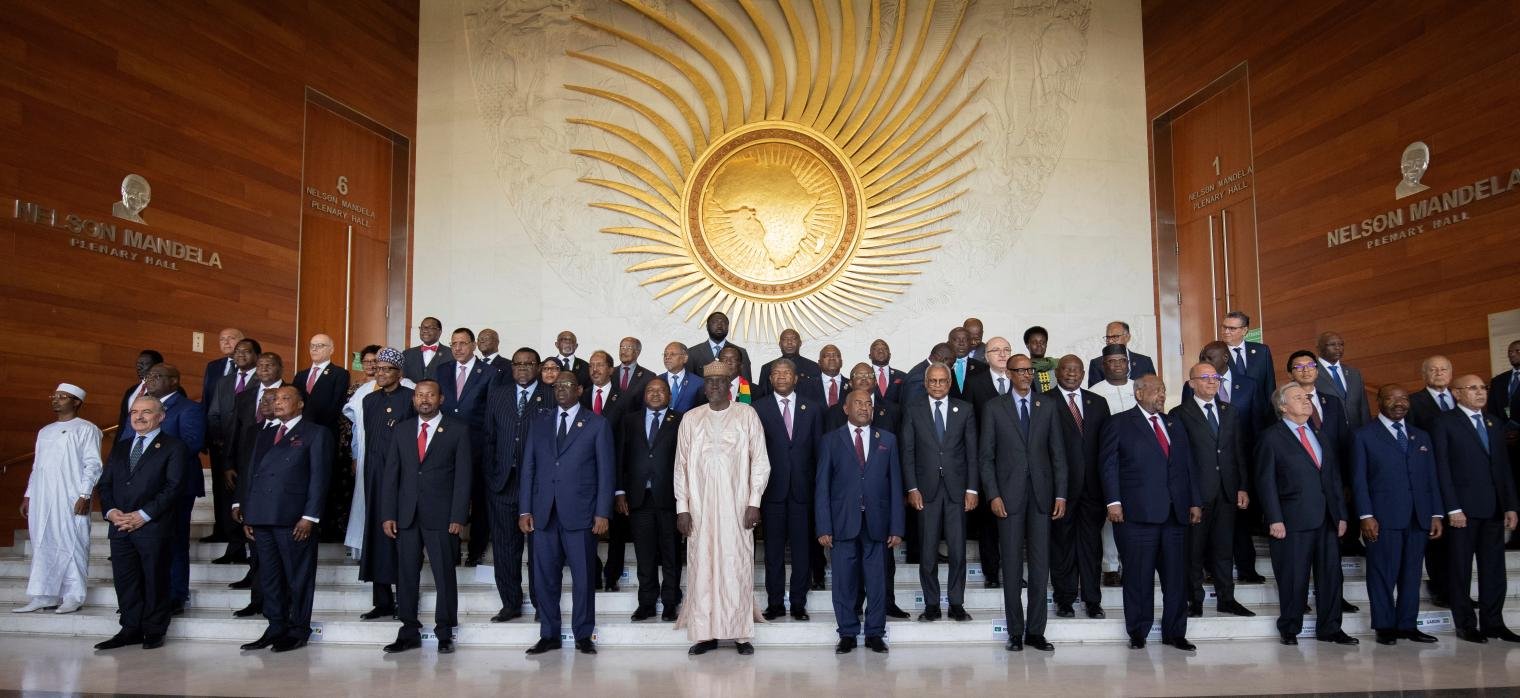U.S. inflation ticked up in June, driven by early effects of tariff-related price pressures that are likely to keep the Federal Reserve on pause at its next policy meeting.
According to the Bureau of Labor Statistics, the Consumer Price Index (CPI) rose 0.3% in June, the largest monthly increase since January, following a 0.1% uptick in May.
On a year-over-year basis, CPI accelerated to 2.7%, up from 2.4% in May, signaling that inflation may be responding to rising import costs. The latest figures matched economists’ monthly forecast of 0.3%, though the annual rate slightly exceeded expectations of 2.6%.
Core CPI, which excludes volatile food and energy components, increased by 0.2% in June, matching May’s gain. Annual core inflation rose to 2.9%, the highest since early 2023, after holding steady at 2.8% for three consecutive months.
The inflation surge comes amid the phased impact of President Donald Trump’s sweeping tariffs announced in April, which are now filtering into consumer prices.
However, with Trump announcing even higher tariffs to take effect August 1 on imports from Mexico, Japan, Canada, Brazil, and the European Union, analysts expect elevated goods prices to persist. The effective tariff rate hike could reinforce inflationary momentum, particularly in consumer goods categories.
The Federal Reserve, which targets a 2% inflation rate, is expected to hold its benchmark interest rate steady at 4.25%-4.50% during its July meeting. Minutes from the June meeting revealed only a few Fed officials supported potential rate cuts this month, highlighting the central bank’s cautious stance amid growing price pressures.
























